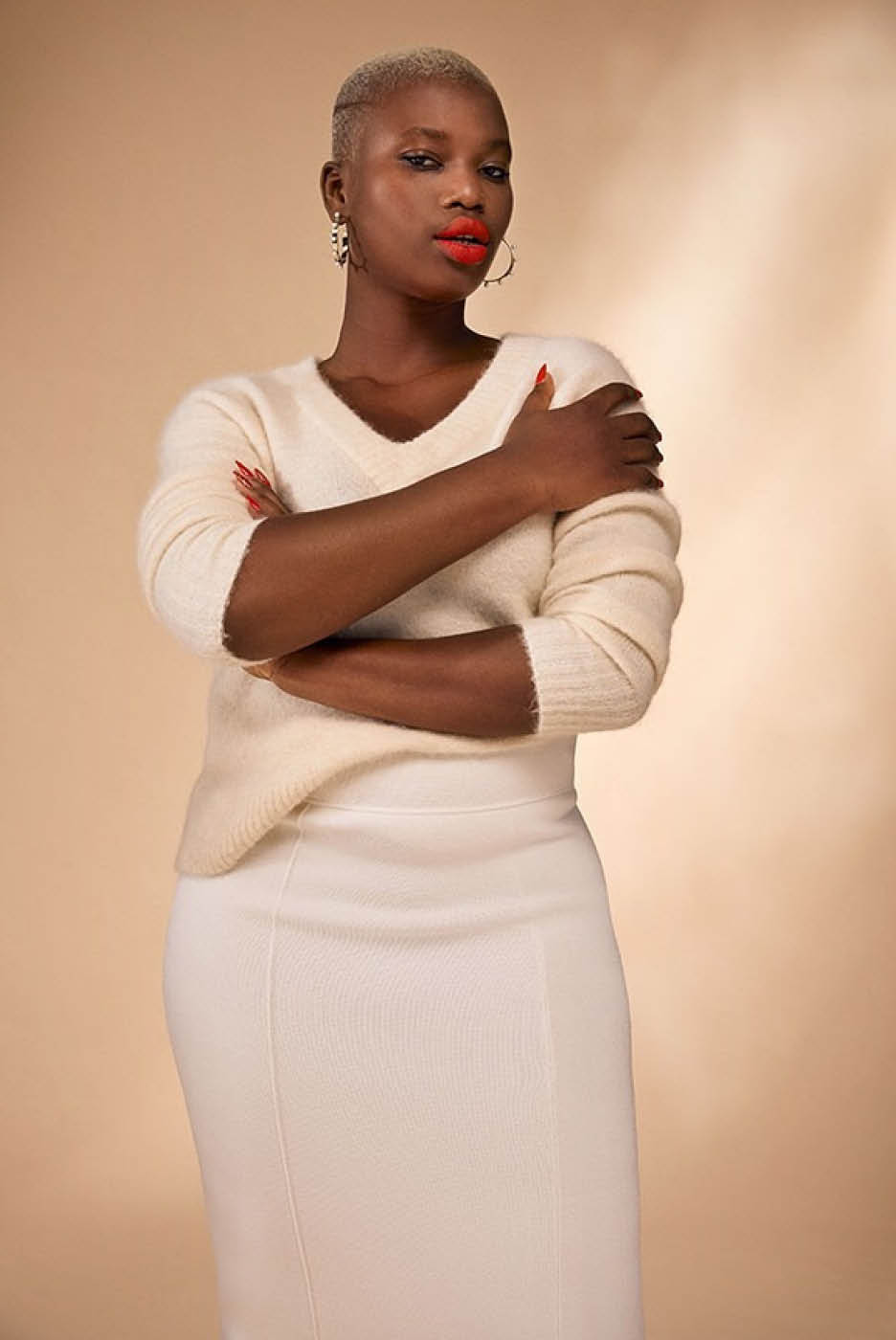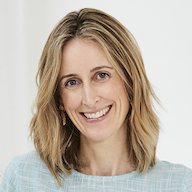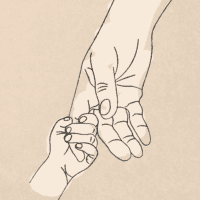Human rights advocate Khadija Gbla, 31, came to Australia as a refugee with her family at the age of 13. A survivor of female genital mutilation, she campaigns to raise awareness of the practice and help protect vulnerable girls. It’s estimated that at least 53,000 women in Australia are FGM survivors.
Not long before we came to Australia, my mum told me and my sister that we were going on a holiday. We were living in a refugee camp in Gambia at the time, and that day we walked for hours to a remote village, where we met an old lady who immediately seemed very scary. I was dragged into a hut before I knew what was going on – it all happened very fast – and then my mum was taking my clothes off me and pinning me down on the floor, and this old lady now had a rusty knife in her hand, and she was coming towards me. I thought she was going to kill me. I passed out, cried, and passed out again from the immense pain of that knife… And then my little sister and I were led away, and we never talked about what had happened. I locked away the memory, deep inside my mind.
I only discovered what had happened to me when I was doing work experience at a women’s health centre in Adelaide about six years later, and I saw a diagram of Type 2 FGM, which is where the clitoris and part of the outer labia are removed. I could see the resemblance to my private parts and then all the memories came flooding back. I was angry, but I knew I had to calm myself before I spoke to my mum because in our culture you have to respect your parents. She couldn’t understand at first why I was upset. “I’m your mum,” she said. “That’s what I had to do.” She is also a survivor of FGM and a victim of the belief that girls would only be regarded as clean and marriageable after they’d had FGM. I have had to come to understand her position. I don’t condone the behaviour, but I understand that she is a victim as much as me.
You can’t persuade people to change if you make them feel defensive. You aren’t going to be effective if you have a ‘superior’ attitude, as if you’re the expert and you’re going to tell everyone what to do. I go in to community meetings and seminars with respect.
I sit with aunties, senior women in communities, and they cry as I explain the links between what happened to them as girls and the health problems they experienced later. FGM can cause heavy periods, painful sex and infertility. They thought these health issues were just bad luck. In those sessions there is healing, validation and counselling. There’s also the opportunity for them to say, ‘This will not happen to my daughter.’
In my work, you have to be a chameleon and speak in different languages to different people. I work with faith leaders and say, hey, this is your space. The human body is perfect, as god made it. I work with communities. I work with young people, I go to schools and I say, this is your time. We need to make this stop. We determine what our culture is, we determine what we carry forward. Culture is not stagnant. And then I work with professionals – police, social workers and teachers – in arming them with information and confidence; tools that enable them to do their jobs in an appropriate way.
Communication is not just about you talking; communication requires that the other person understands you. The smart communicator thinks, ‘Who am I talking to? What’s the best way of talking to them?’ When you can sit with people and discover their knowledge and experience, and work with them through conversation, they will hear you and have an open heart to what you have to offer. And I will learn something because I am listening. To change something is a partnership.
One of my proudest moments was meeting a young woman who told me she’d avoided FGM thanks to one of my workshops a few years ago. I’d warned the girls at the workshop that, even though they were in Australia, they were still at risk of FGM. The practice is illegal here but can be performed overseas in places like Indonesia and Singapore. So girls need watch out for their parents trying to take them on ‘special holidays’ where they’d ‘become a woman’. Sure enough, this young woman’s mother started talking about taking her on one of these trips, but because of my talk the daughter spoke to her father about her concerns and he prevented it.
Being a survivor-advocate is very different to an advocate who hasn’t lived that experience. An advocate who has learned of an issue and has a fire in their belly to change it is very different to someone who has to re-traumatise themselves, every single time they tell their story. In doing this interview, in going into schools, I am utilising my trauma. That requires a lot of emotional strength and stability, and therapy. Self-care for me – and therapy – is not optional.
My advice for anyone who is a survivor and coming into this kind of work is to make sure you have done your grieving and your healing. I think we saw this with Rosie Batty. The world does not always welcome changemakers. There will be those who will celebrate you, and there will be those who will come at you and try to tear you apart.
My other advice? You have to know why you’re doing the work. Because on those days when the heat comes, and you’re tired and you don’t want to be doing it anymore, you will forget. In this fight and in all social justice issues, you need to be clear what your purpose is. That is what has kept me going for 18 years. I’m fighting for little girls that I will never meet and they will never know my name. But I go to bed each night knowing that because of my work they will be healthy and safe.










No Comments